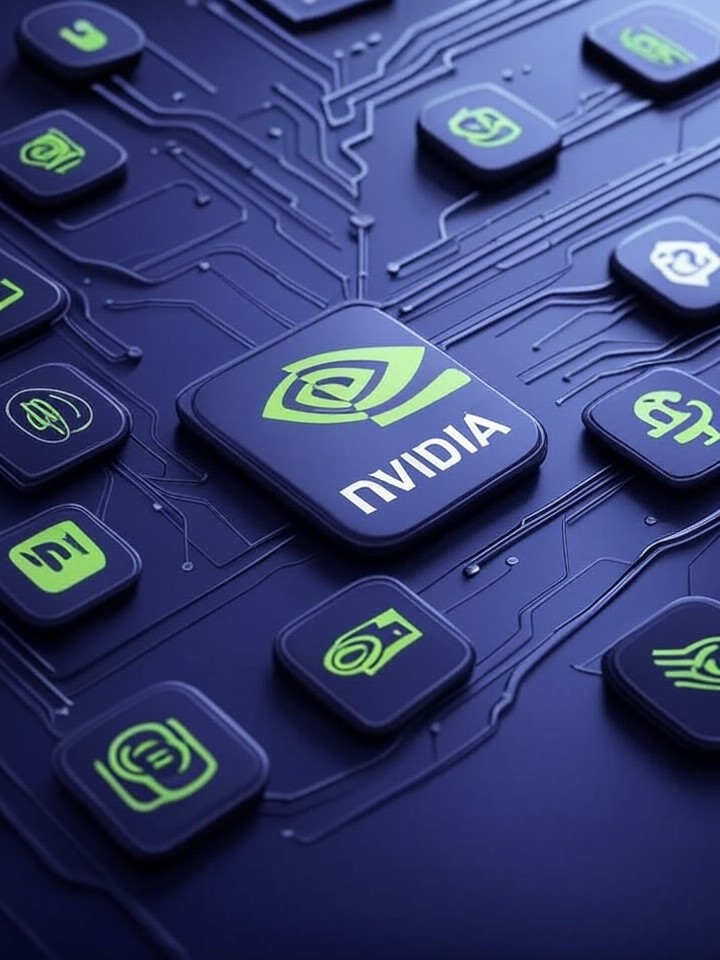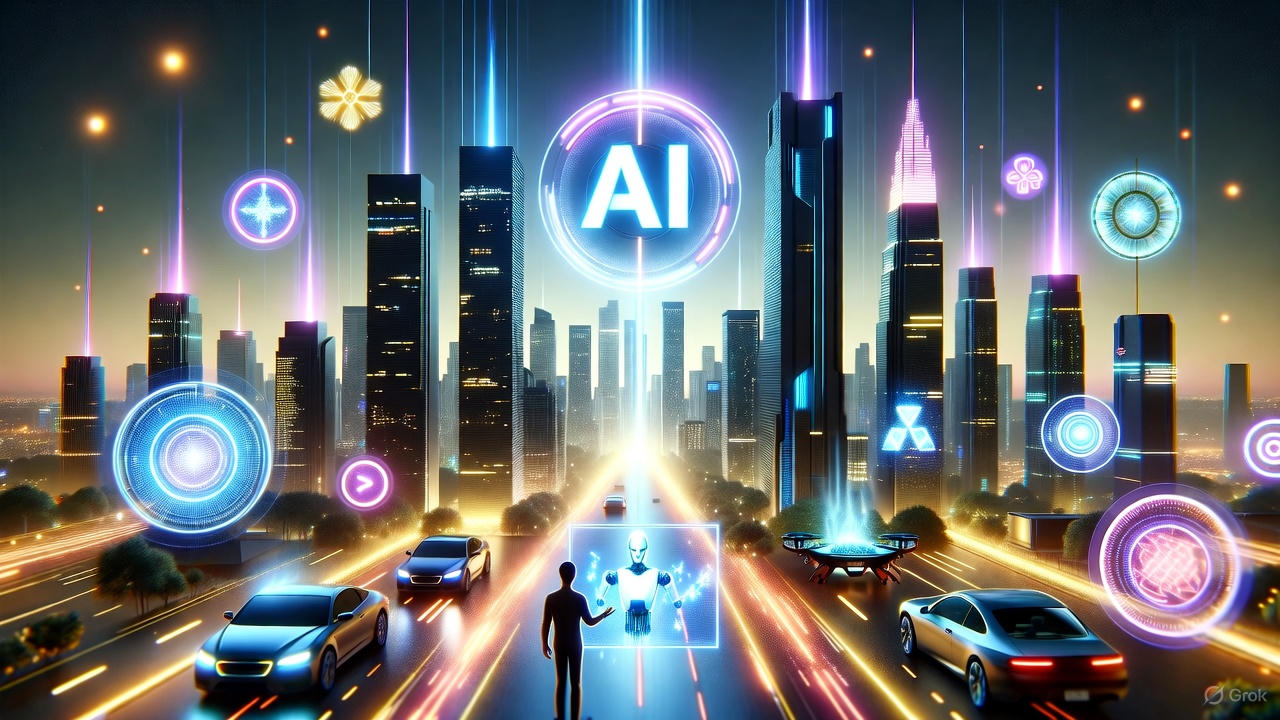Benefits and Risks of Artificial Intelligence in Modern Society
Benefits and Risks of Artificial Intelligence in Modern Society
In the rapidly evolving landscape of technology, Artificial Intelligence (AI) stands out as one of the most transformative forces of the 21st century. With its immense potential to reshape industries and everyday life, understanding the benefits and risks of artificial intelligence in modern society is crucial. This discussion delves into how AI technologies are being integrated into various sectors, the profound advantages they offer, and the significant challenges they pose.
The Rise of Artificial Intelligence
AI has made remarkable advancements, transitioning from a concept in science fiction to a tangible cornerstone of modern technology. Innovations such as machine learning, natural language processing, and robotics have pushed the boundaries of what’s possible, making AI a dynamic tool across multiple domains. The adoption of AI has been accelerated by the proliferation of data and enhanced computational power, enabling more sophisticated and efficient algorithms.
Key Benefits of Artificial Intelligence
1. Increased Efficiency and Productivity
One of the most touted benefits of AI is its ability to automate routine tasks, thereby enhancing efficiency and productivity. In sectors like manufacturing, AI-powered robots can operate 24/7, performing repetitive tasks without fatigues, such as assembly line production and quality assurance checks. This reduces operational costs and allows human workers to focus on more strategic activities that require critical thinking and creativity.
2. Enhanced Data Analysis
AI excels in processing and analyzing large datasets, uncovering patterns and insights that would be challenging for humans to detect. This capability is invaluable for businesses aiming to make data-driven decisions. For instance, in finance, AI algorithms can predict market trends and identify investment opportunities, while in healthcare, they can assist in diagnosing diseases by analyzing medical records and imaging data.
3. Improved Customer Experience
The use of AI in enhancing customer experience is ubiquitous, from chatbots providing 24/7 customer support to personalized recommendations on streaming services and e-commerce websites. Real-time interactions and tailored content driven by AI help in building customer loyalty and improving satisfaction.
4. Innovation in Healthcare
AI has significantly advanced healthcare, with applications ranging from robotic surgeries to virtual nursing assistants. AI technologies assist in developing new drugs, predicting patient outcomes, and tailoring personalized medicine. For instance, AI systems like IBM Watson can help oncologists develop treatment plans by analyzing vast medical literature and patient data.
Risks Associated with Artificial Intelligence
1. Job Displacement
One of the primary risks associated with AI is the potential displacement of jobs due to automation. Tasks that were traditionally performed by humans are now being replaced by machines, leading to concerns about unemployment and societal shifts. While AI creates new job opportunities, the transition requires reskilling and adaptation from the workforce.
2. Ethical and Bias Concerns
AI systems, often trained on large datasets, can inadvertently inherit biases present in the data. This can lead to ethical dilemmas and discrimination, particularly in areas like hiring, law enforcement, and lending. Ensuring fairness, transparency, and accountability in AI systems is crucial to mitigate these risks.
3. Privacy and Security Issues
The widespread use of AI raises significant privacy concerns, particularly regarding the collection and use of personal data. Cybersecurity threats also emerge, as AI can be utilized both defensively and maliciously in hacking attempts. Implementing robust safeguards and policies is essential to protect sensitive information.
4. Dependency and Control
As society increasingly relies on AI systems, questions regarding control and dependence arise. The potential development of autonomous AI systems with decision-making capabilities prompts concerns about loss of control and accountability, necessitating careful governance and oversight.
Balancing the Pros and Cons
Striking a balance between harnessing AI’s potential and mitigating its risks is key to ensuring that AI benefits modern society holistically. Governments, industries, and communities must collaborate to create regulatory frameworks and ethical guidelines that promote innovation while safeguarding public interest.
The Role of Education and Policy
Education plays a pivotal role in preparing individuals for an AI-driven future. Encouraging STEM (science, technology, engineering, and mathematics) education and fostering digital literacy are essential to equip the workforce with the necessary skills. Meanwhile, policy development should focus on creating fair AI practices, addressing unemployment challenges, and ensuring equal access to AI benefits.
Conclusion
The benefits and risks of artificial intelligence in modern society present a complex, dual narrative. While AI offers unprecedented advantages across various domains, its risks pose significant challenges that necessitate proactive measures. As AI continues to evolve, stakeholders must work collectively to harness its transformative power while protecting the interests and welfare of society.
By navigating the benefits and risks judiciously, AI can be a crucial ally in driving sustainable growth and progress, paving the way for a future where technology and humanity thrive together.











